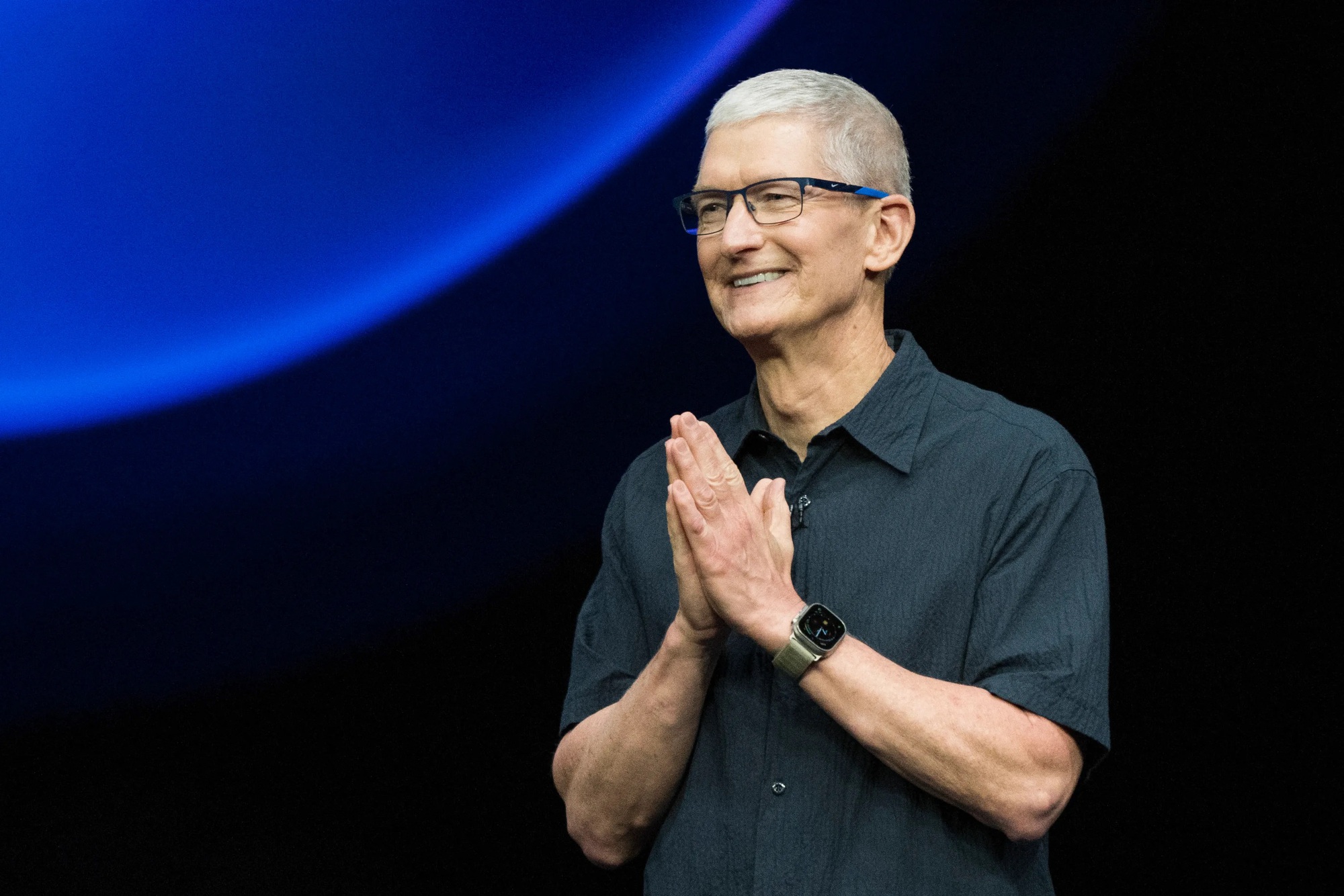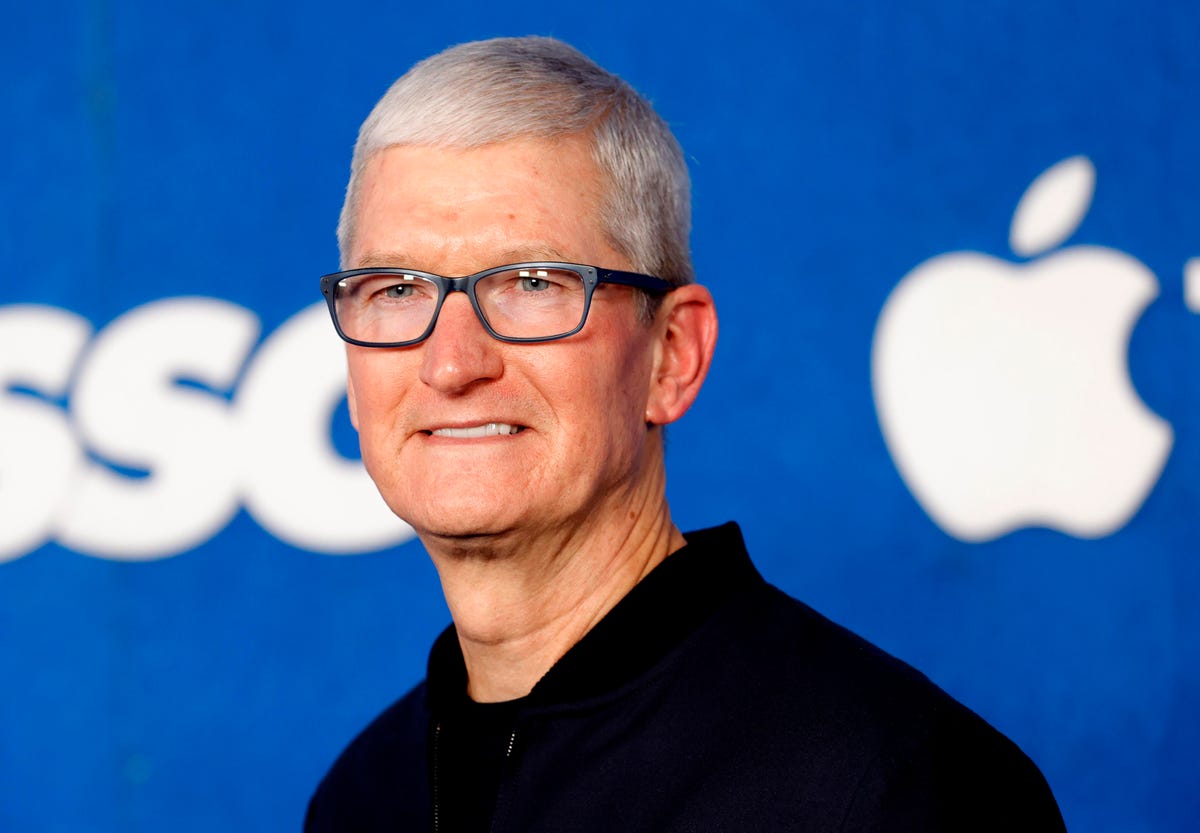
In an age where artificial intelligence is redefining the way we interact with technology, Apple’s Siri has become a symbol not of innovation, but of stagnation.
As Google’s Assistant and Microsoft’s integration of OpenAI’s models like ChatGPT into their ecosystem soar to new heights, Apple’s virtual assistant remains curiously behind the curve, drawing widespread ridicule from users and tech experts alike.
A tweet from user @dzhohola recently went viral, tagging Tim Cook directly and asking, “How is Siri so stupid still?” This simple but pointed question has reignited a long-standing conversation about Apple’s failure to evolve its AI offering in a world that now demands far more than basic voice commands and weather updates.
Siri’s shortcomings are well-documented. From its frequent misunderstandings of basic requests to its painfully limited conversational capabilities, users have long expressed frustration over Siri’s inability to perform tasks that have become second nature for competitors.
While Google Assistant can hold multi-step conversations, offer context-aware suggestions, and tap into Google’s deep data ecosystem to provide accurate, personalized responses, Siri remains trapped in a loop of scripted replies and often irrelevant answers.

Microsoft’s integration of AI into Bing and Office products, meanwhile, has demonstrated the vast potential of conversational models when paired with robust infrastructure. The contrast is glaring, and it’s becoming an increasingly public embarrassment for Apple.
The irony is sharp: Apple, a company known for its cutting-edge hardware and polished software design, is falling behind in the one area that defines the future of user interface—natural language AI.
While it continues to dominate in areas like device integration, privacy, and ecosystem fluidity, the glaring AI gap is becoming a strategic liability. Siri was one of the first virtual assistants to launch, yet over a decade later, it remains the least impressive among its peers.
In fact, many iPhone users now default to using Google Assistant or even third-party apps just to get more coherent voice interactions, undermining Apple’s own ecosystem value.
Behind the scenes, the issue appears to be one of both philosophy and engineering. Apple’s commitment to user privacy, while laudable, has often been cited as a reason why Siri can’t leverage user data in the same way Google can.
Whereas Google collects vast amounts of behavioral data to train its models and personalize responses, Apple has chosen to process much of its AI functionality on-device, limiting the scope and flexibility of its assistant.

But critics argue that this is a false dichotomy—that it’s entirely possible to build powerful, privacy-conscious AI with the right investment and innovation. In their view, Apple’s delays have less to do with principle and more to do with a lack of urgency.
Moreover, Apple’s famously secretive and compartmentalized internal structure may be part of the problem. Unlike companies like Microsoft and Google, where AI research and product integration are deeply intertwined, Apple has been slower to create unified AI strategies across teams.
Siri, developed under a different vision more than a decade ago, has struggled to evolve beyond its original parameters. Attempts to overhaul it have been made, but progress has been incremental at best.
Engineers who have worked on Siri have reportedly expressed frustration at the slow pace of development and lack of alignment between leadership and product teams.
The market consequences of Siri’s underperformance are starting to show. While Apple continues to post strong financials due to its hardware sales, investors are beginning to question how long it can maintain its premium status without matching the AI advances of its competitors.
AI is now seen not just as a novelty but as a core layer of the operating system—something that will soon be as essential as multitouch once was.
Companies that fail to integrate AI meaningfully into their products risk becoming obsolete in key segments. Google’s aggressive push with Gemini and Assistant, and Microsoft’s all-in investment in OpenAI, show that the race is on. Apple, at the moment, is watching from the sidelines.
Public opinion is shifting as well. Social media is filled with examples of users mocking Siri’s incompetence. There are countless memes and videos demonstrating how Siri fails to answer questions that even the simplest chatbots can now handle. This cultural perception—of Siri as the dumb assistant—is becoming a brand liability.
For a company that prides itself on elegance and simplicity, having its digital assistant become the butt of jokes is not just an annoyance; it’s a reputational risk.
In response, Apple has made vague promises about enhancing AI across its products. There are rumors of a next-generation Siri in development, possibly powered by large language models similar to GPT.

Apple has reportedly ramped up its internal AI hiring and acquired smaller AI-focused startups in recent years. However, no public roadmap has been shared, and the company’s usual secrecy means users have little reassurance that change is actually coming.
Meanwhile, Google and Microsoft are iterating rapidly and publicly, releasing updates and features on a near-monthly basis.
Part of Apple’s problem may also be its user base. Apple’s customers have historically been more forgiving, valuing design, reliability, and integration over bleeding-edge features.
But even loyalists are beginning to voice dissatisfaction. In enterprise settings, Siri is practically nonexistent. In education, healthcare, and productivity workflows, it offers almost nothing of value compared to the AI capabilities being rolled out by Microsoft and Google.
Even in smart home applications—an area where Siri had an early advantage—Apple is now overshadowed by Amazon Alexa and Google Home.

If Apple wants to remain a leader in personal computing, it must confront its Siri problem head-on. That means not just incremental improvements but a fundamental reimagining of what a virtual assistant can be. It means building or partnering on large language models that can truly understand context, nuance, and personalization.
It means offering developers tools to integrate conversational AI into their apps. Most importantly, it means being transparent with users about what’s being developed, how it works, and when they can expect real improvements.
There is still time for Apple to catch up, but the window is narrowing. The AI revolution is not waiting for anyone. Companies that move fast and think big are capturing user mindshare and defining new standards for interaction.
Apple, for all its past successes, must decide whether it wants to lead in this space or simply follow. The clock is ticking, and every unanswered Siri query is a reminder that brilliance in hardware is no longer enough.
As user frustrations continue to mount, the message is clear: Apple can no longer afford to have a dumb assistant in a smart world. If Siri doesn’t get smarter soon, Apple risks falling behind in the most transformative technological shift of our time.




